Relocation Letter Samples
-
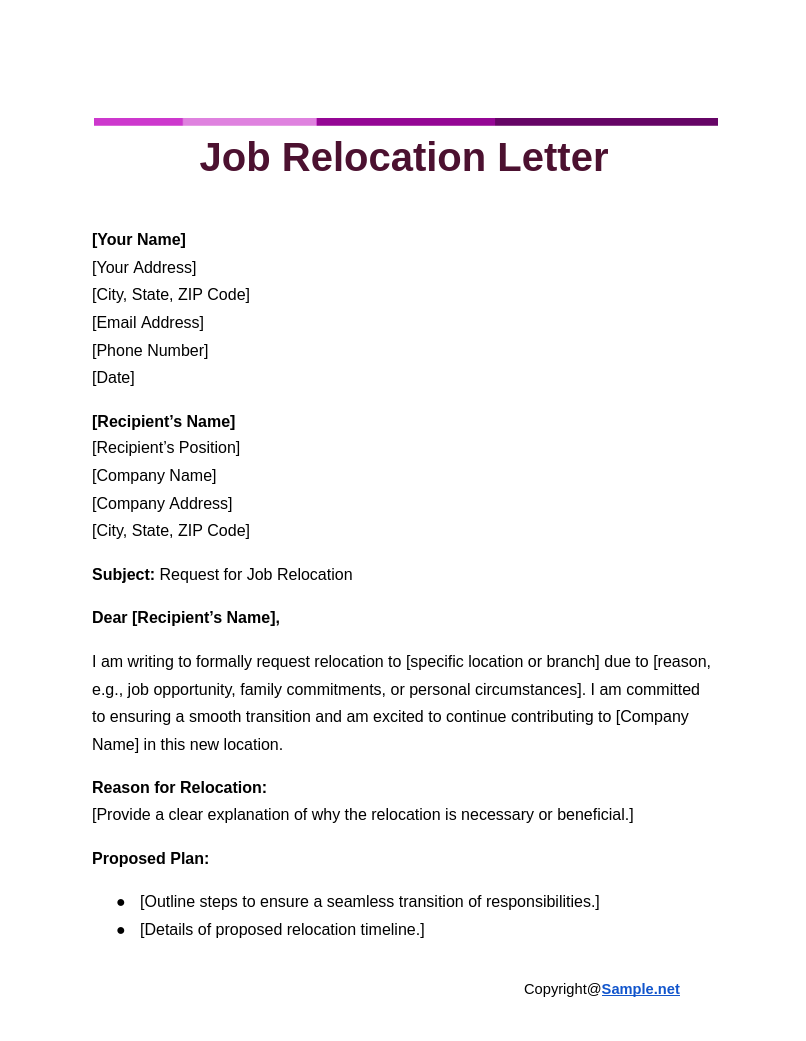
Job Relocation Letter
download now -
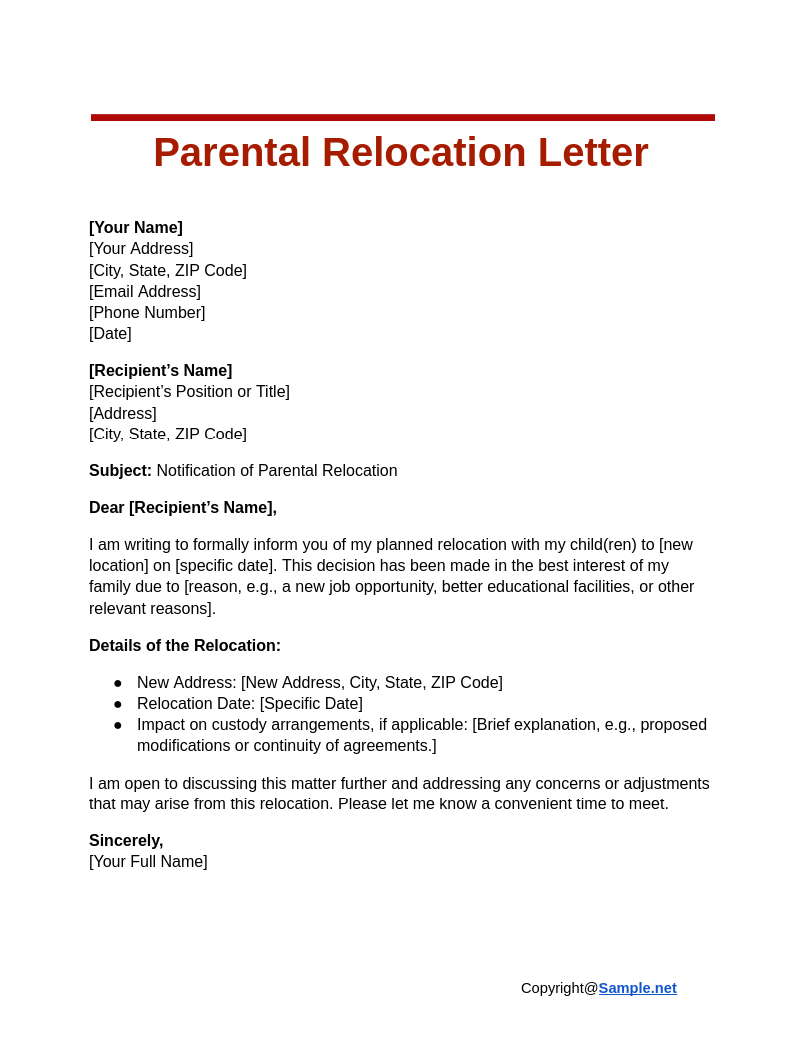
Parental Relocation Letter
download now -
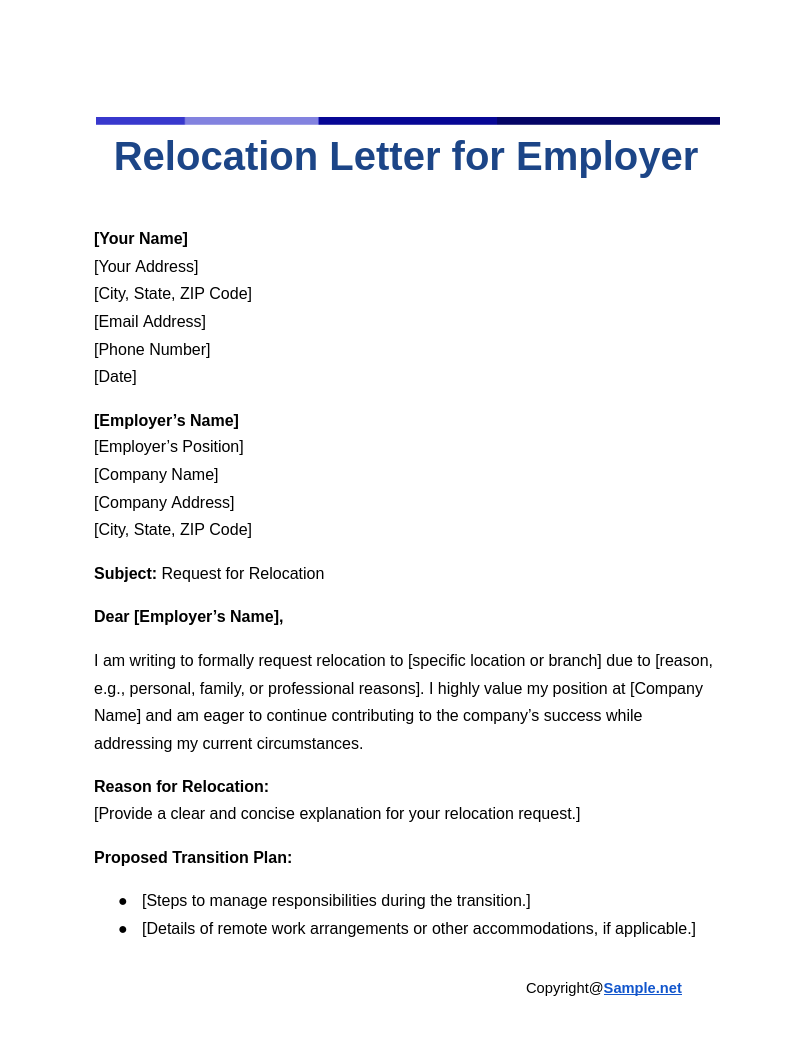
Relocation Letter for Employer
download now -
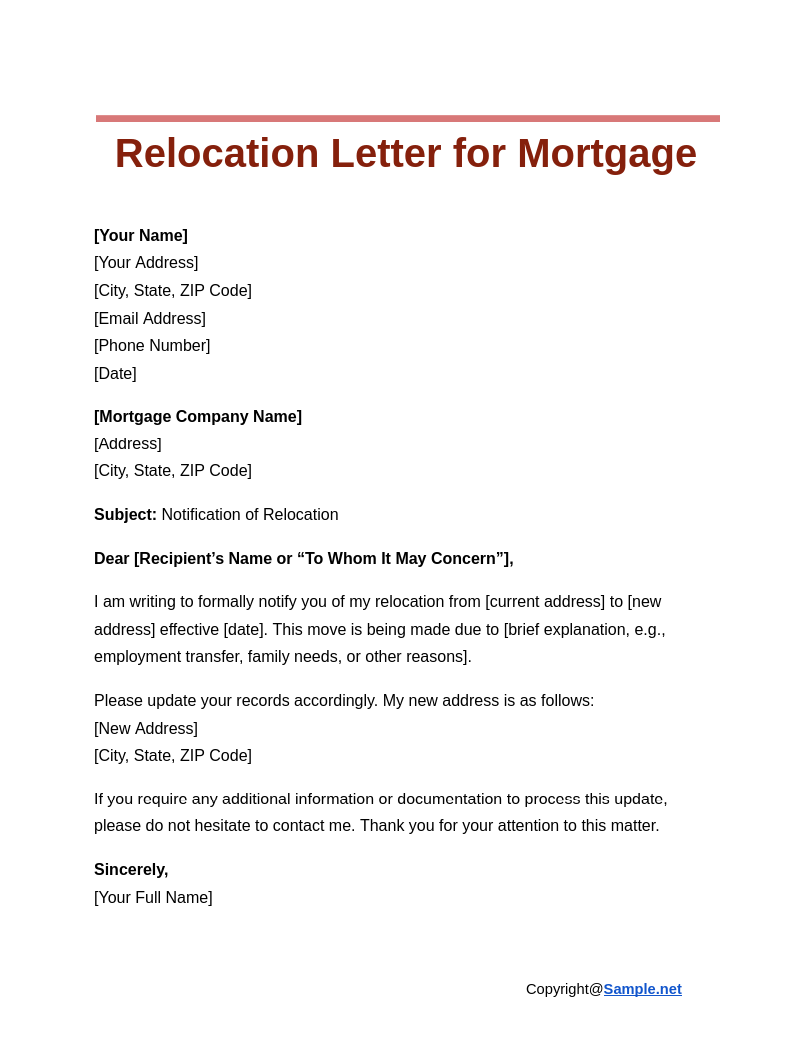
Relocation Letter for Mortgage
download now -
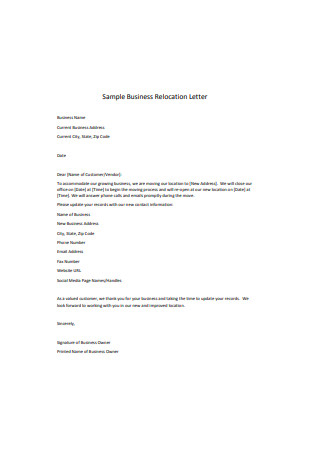
Sample Business Relocation Letter
download now -
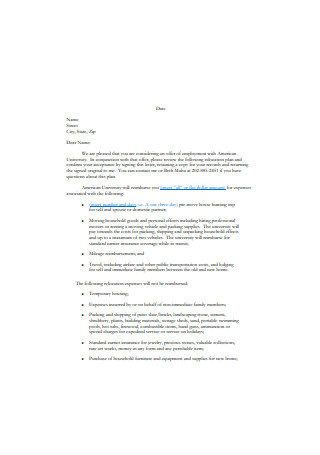
Relocation Agreement Letter
download now -
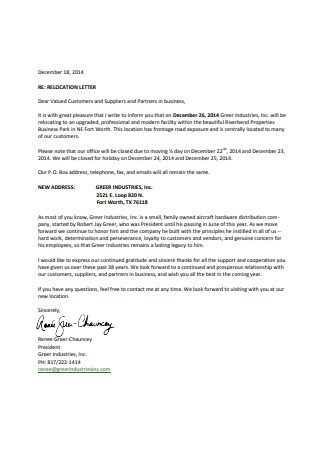
Relocation Letter Format
download now -
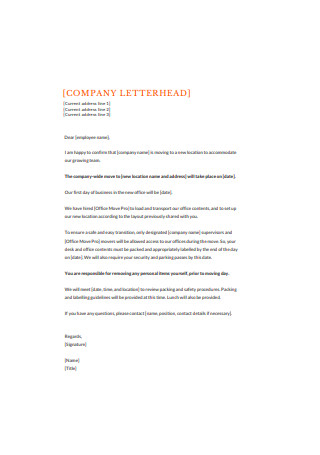
Office Relocation Letter
download now -
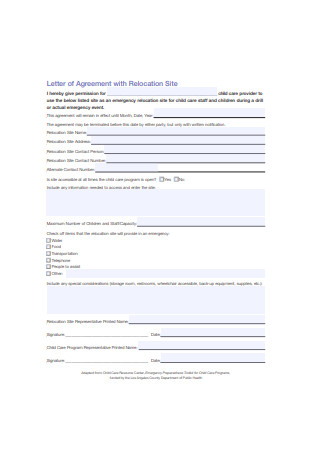
Letter of Agreement with Relocation Site
download now -
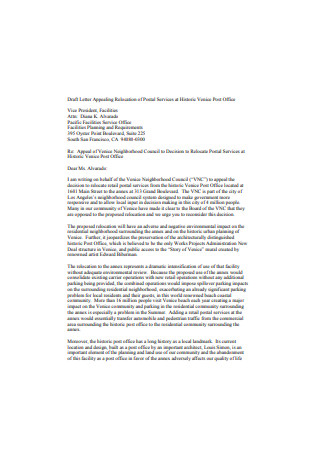
Draft Letter Appealing Relocation
download now -
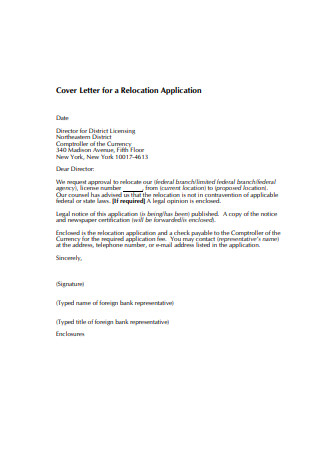
Cover Letter for a Relocation Application
download now -
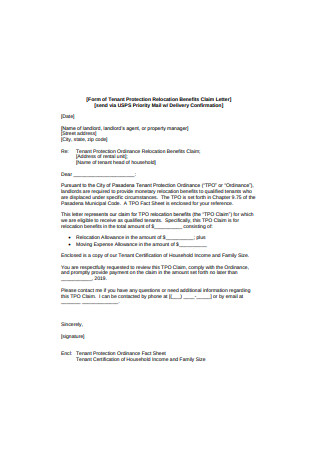
Relocation Benefits Claim Letter
download now -
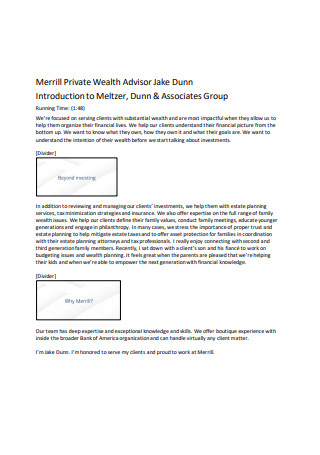
Office Relocation Letter Sample
download now -
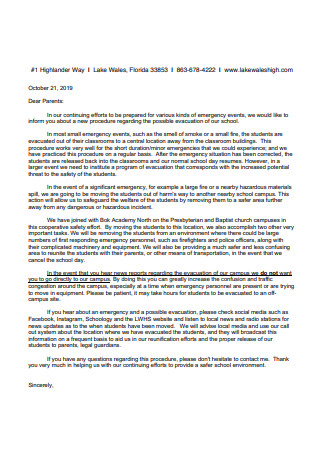
Sample Relocation Letter
download now -
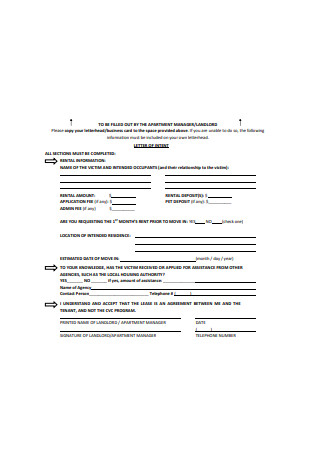
Award Relocation Letter of Intent
download now -
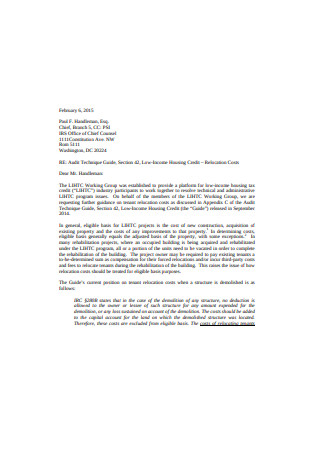
Tenant Relocation Costs Comment Letter
download now -
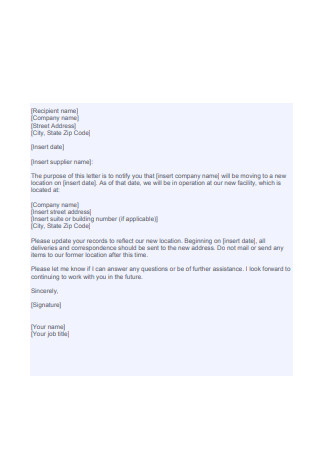
Business Relocation Letter Format
download now -
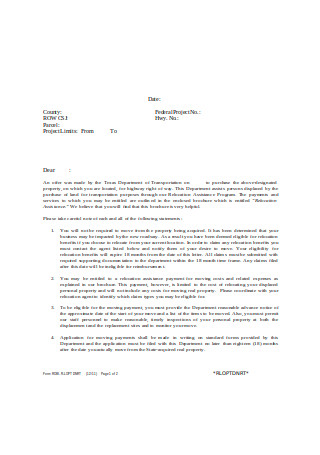
Relocation Letter Example
download now -
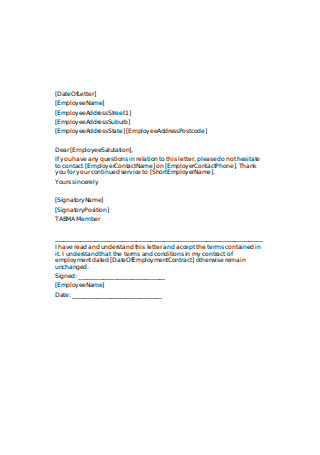
Employee Relocation Letter Example
download now -
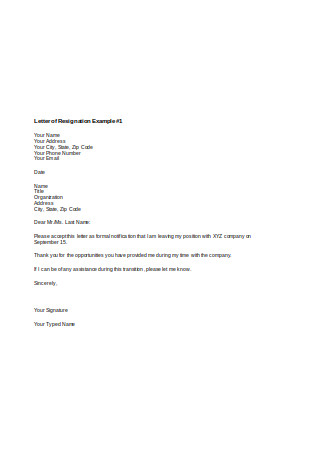
Letter of Relocation Example
download now -
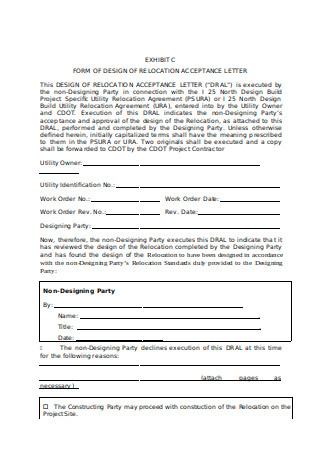
Relocation Acceptance Letter
download now -
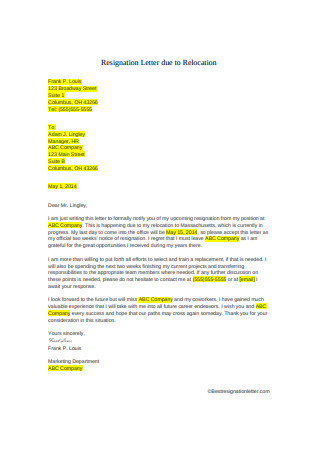
Resignation Letter due to Relocation
download now
FREE Relocation Letter s to Download
Relocation Letter Format
Relocation Letter Samples
What is a Relocation Letter?
Why are Relocation Letters Important?
How to Construct a Proper Relocation Letter
FAQs
Should I send a relocation letter to employees before informing them in person?
Can I ask for relocation assistance?
How do I discuss an office relocation proposal?
What are the common reasons why people move from one area to another?
What is an involuntary physical relocation?
What tone should a relocation letter have?
What are common mistakes to avoid in a relocation letter?
Why is a relocation letter important in business settings?
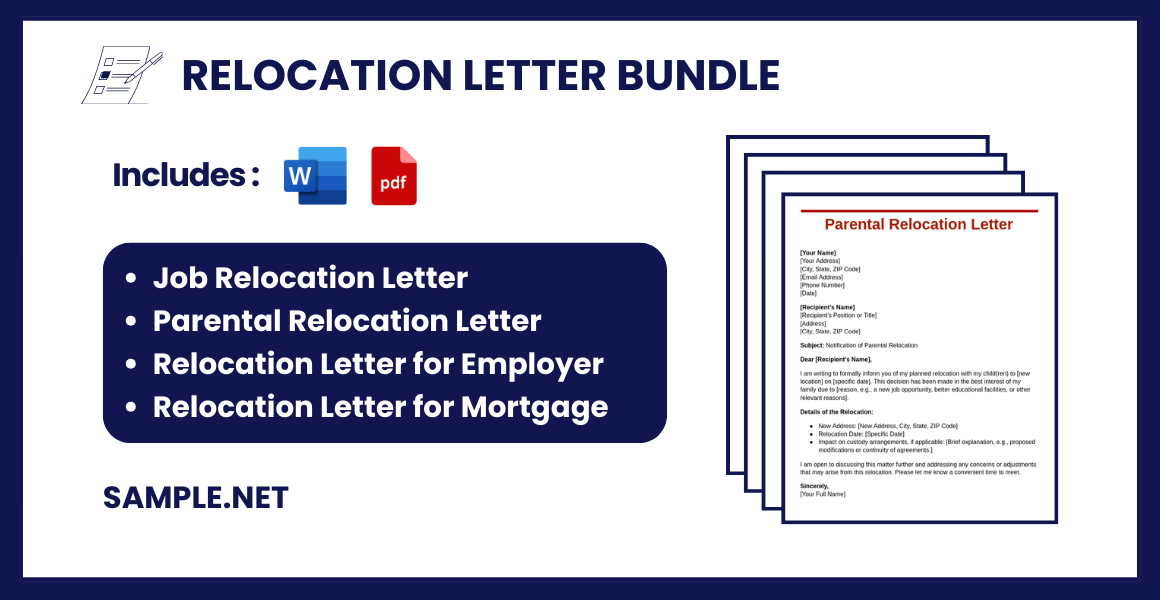
Download Relocation Letter Bundle
Relocation Letter Format
[Your Name]
[Your Address]
[City, State, ZIP Code]
[Email Address]
[Phone Number]
[Date]
[Recipient’s Name]
[Recipient’s Position]
[Company Name]
[Company Address]
[City, State, ZIP Code]
Subject: Request for Relocation
Dear [Recipient’s Name],
I am writing to formally request a relocation to [location or branch] due to [brief explanation, e.g., personal, family, or professional reasons]. I greatly value my role at [Company Name] and would like to continue contributing to our success while addressing my current situation.
Reason for Relocation:
[Provide a clear and concise explanation of why you are requesting relocation. Keep this section professional and factual.]
Proposed Transition Plan:
To ensure a smooth transition, I propose the following plan:
- [List any steps you will take to prepare for the relocation.]
- [Mention any actions to ensure minimal disruption to your responsibilities.]
- [Offer to help train a replacement, if applicable.]
Additional Information:
If there are specific company policies related to relocation, I am happy to comply and provide any documentation needed. I am also available to discuss this matter at your earliest convenience.
Thank you for considering my request. Please let me know if further clarification or discussion is required. I look forward to your response.
Sincerely,
[Your Full Name]
[Your Job Title]
What is a Relocation Letter?
A relocation letter is one of the many significant HR letters that employers, managers, and the human resources department should be prepared to make when an organization’s office moves to a new destination. When employees receive a work promotion, a job offer to another business branch, or perhaps the business has to cut down costs and move to a cheaper location or expand and transfer to a new and improved working environment, every professional working in the company should receive a formal relocation letter to be aware of such location changes. Also, relocation letters can be used for relocation purposes not only for offices but including child custody, mortgage, etc. You can also see more on Change of Address Letter.
Why are Relocation Letters Important?
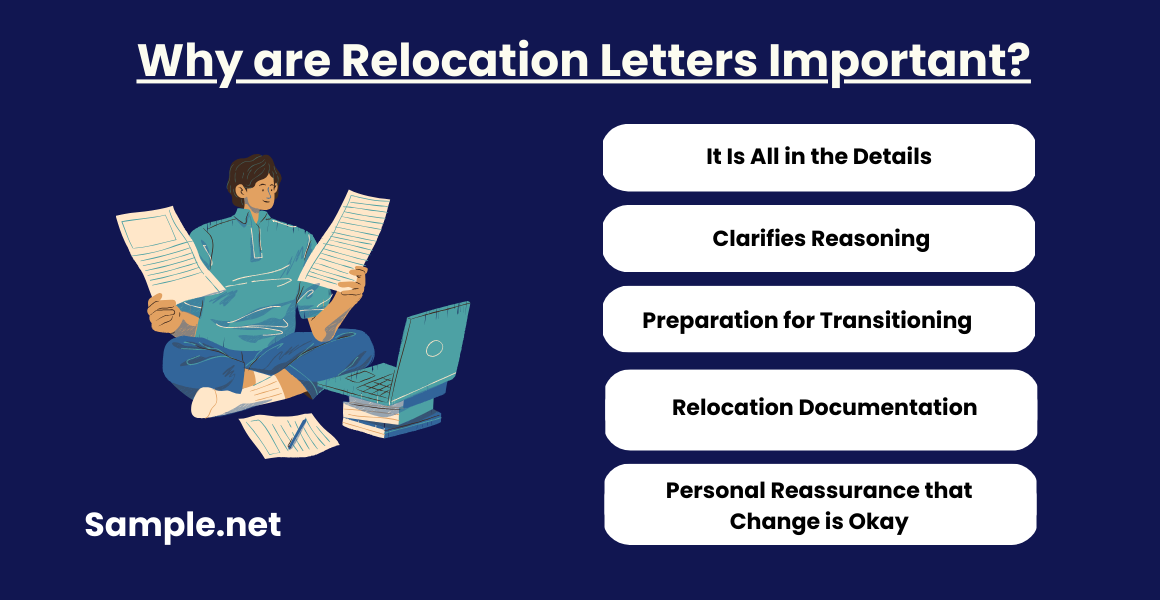
There are many examples of relocation letters such as a relocation letter from employer, a relocation letter for mortgage, a relocation approval letter—the list goes on. These relocation letters aren’t only popular for naught because they come with a variety of important reasons as to why you should be concerned about writing or receiving them.
1. It Is All in the Details
First things first, a relocation is informative since it answers important questions such as who is concerned, what the business letter is about, where the new location is, when the moving date is, and why there is a need to relocate. The details in a relocation letter are very important because you don’t simply say, “Hello, we’re moving so let’s get packing.” It has to be detailed enough that after reading the whole document, the recipient understands the whole message and knows what to do next.
2. Clarifies Reasoning
Answering the “why” in the most honest and understanding way possible is a major concern in a relocation letter. For example, relocating employees could be due to a basic relocation, a promotion, or a need to downsize and each employee should not be misled about why they should move. For non-work reasons, the relocation letter serves as a confirmation letter about the entire relocation’s purpose may it be you are asked to move by a landlord, spouse, school, or anyone of authority.
3. Preparation for Transitioning
The relocation letter’s best offer is to prepare employees or recipients for the new transition. Moving takes some adjustments because you’d be drafting a packing list on what items to bring or leave behind, familiarizing the new location’s nearby streets and establishments, and adjusting your new travel route from your house to the new office. The point is a relocation letter should be sent at least two weeks or even earlier before the actual relocation date to give room for the adjustment period.
4. Relocation Documentation
Another crucial purpose of having a relocation letter is to have evidence or official documentation that there is a legitimate relocation going on to your medical office, hotel office, corporate office, or any other establishment. A relocation letter is also a formal letter so its data should not be overlooked. Then, the relocation letter itself is a useful tool in case someone needs solid proof that your office is relocating somewhere.
5. Personal Reassurance that Change Is Okay
A relocation letter is made with a fine line between a business letter and a personal letter. As an employer, HR, or the person behind writing this type of document, you have to show that you care for the recipients and that you reassure them that things are okay. In fact, most relocation letters discuss what to expect from the said changes such as relocation assistance, bonus, and other costs for moving that are covered by the company; be sure that is clarified in the form.
How to Construct a Proper Relocation Letter
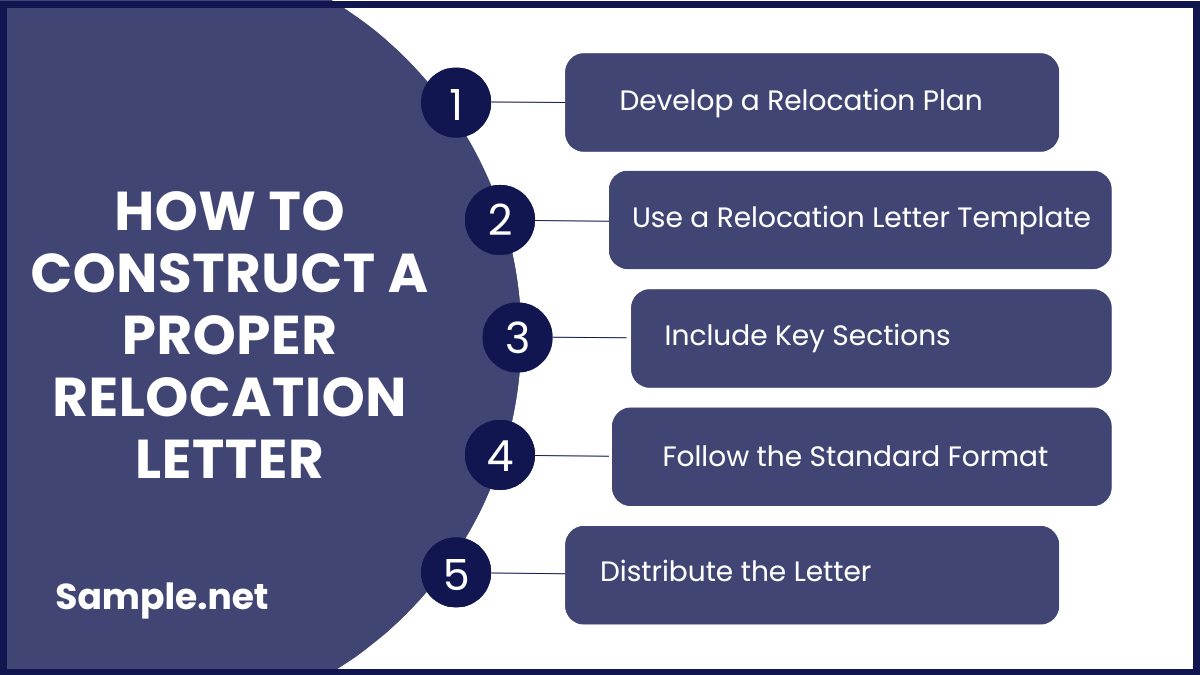
After venturing into a relocation letter’s meaning, importance, and essential sections, you can surely visualize what a relocation would look like. You can also see more on Letter Of Application. And learning how to make relocation letters according to top-tier standards will help you master the writing process in just a few steps.
Step 1: Set Up a Whole Relocation Plan
Relocation itself is not a random decision to make because lots of considerations are involved such as the budget, employees, work productivity, venue, and so much more. Hence, you should come up with a detailed business plan on the what, who, where, when, why, and how of relocation. That way, the plan will be used as your reference document in making the relocation letter, such as what should be included or excluded to write in the letter.
Step 2: Optimize a Sample Relocation Letter Template
Worry no more about being unsure of how to create a perfect relocation letter because there are sample relocation letter templates you can choose from and edit in the process. Each customizable template guides you on how standard relocation letters are designed, formatted, or presented; thus, making it easy for you to follow and just add a few tweaks to the content. Just don’t forget to personalize some of the premade details because you’d have to specify the new location, moving timeline, etc.
Step 3: Complete the Basic Sections of a Relocation Letter
Remember that a relocation letter covers the date/duration, payments, terms/policies, taxes, temporary living assistance, and agreement. Be sure you have these parts in your business document format so that the purpose is actually met. Otherwise, creating a relocation letter with incomplete details would mean you failed your mission to come up with a decent relocation letter. You can also see more on Appeal Letter.
Step 4: Don’t Forget the Standard Letter Format
Keep in mind that just like any cover letter, there is a standard letter format worth following in a relocation letter. Always incorporate the time and date of when you are writing the letter, your details as well as the recipient’s data, a subject line stating “relocation letter,” the salutation, the body of the letter (introduction, main body, and conclusion), the complimentary close (to whom it may concern), and the signature. A letter isn’t considered a formal letter without these essential parts.
Step 5: Publish the Letter and Send Copies to Each Recipient
Finally, publish the letter when you are sure that there is no mistake in the letter’s content and that you have said what needs to be said there. Then, review the number of employees in your company as well as their names because you shall send them an individual copy of the letter in print or via email; relocation letter sizes could be in the letter, legal, or A4 document size. Lastly, make sure you have sent these letters two weeks or earlier than the expected relocation schedule. You can also see more on Official Resignation Letter.
Crafting a well-structured Relocation Letter is essential for smooth transitions and clear communication. It conveys important details about the move and ensures understanding between all involved parties, whether in professional or personal contexts. A thoughtful approach to writing this sample letter fosters cooperation and minimizes potential misunderstandings during the relocation process.
FAQs
Should I send a relocation letter to employees before informing them in person?
No, it is a formal protocol that you should always make an official announcement personally about the planned relocation first so that you don’t surprise or cause confusion to anyone by only announcing the relocation through a relocation letter alone.
Can I ask for relocation assistance?
If you think a company’s decision to relocate is costly on your part, don’t be afraid to ask for relocation assistance such as making an official request letter for the relocation policy’s copy, talking to the manager in person kindly, asking what the coverage consists, and negotiating an offer that you think would benefit you or the entire team in the relocation process.
How do I discuss an office relocation proposal?
Office relocation proposals often cover the relocation timeline, a visual diagram of the cost breakdown, a price list of moving expenses, the risks or contingencies, the complete relocation overview, the tools and equipment used in relocating, insurance coverage, preparation tips, company testimonials, and third-party groups included in the relocation (optional).
What are the common reasons why people move from one area to another?
There are numerous possibilities for the need to relocate and common examples are due to job opportunities, education, economy, culture, or climate; just make sure to be as honest as possible on the reasoning while writing a relocation letter.
What is an involuntary physical relocation?
It still means that people in an office would move to a new office location except the people involved in a relocation have no other choice but to follow the ordered relocation because the company would still leave with or without them. You can also see more on Letter of Employment.
What tone should a relocation letter have?
A relocation letter should maintain a professional and polite tone, ensuring clarity and transparency. Avoid casual language, and keep the content formal to establish credibility and seriousness.
What are common mistakes to avoid in a relocation letter?
Avoid omitting key details, such as timelines or financial support specifics. Ensure proper formatting, correct recipient information, and a professional tone to prevent confusion or delays in the process.
Why is a relocation letter important in business settings?
In business contexts, relocation letters ensure smooth transitions during address changes or employee transfers. They maintain professionalism, clarify expectations, and minimize disruptions for stakeholders. You can also see more on Letter of Interest.
